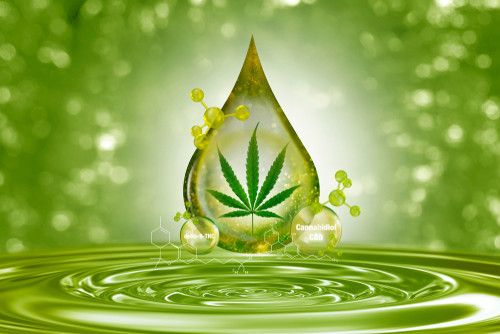
There has been a significant rise in both the availability and popularity of CBD products in the past couple of years. This is mainly due to the fact that numerous clinical and laboratory studies are showing evidence for the health benefits offered by CBD. CBD is mainly derived from the hemp plant. However, it is also found in other varieties of cannabis plants.
Keep on reading this article to know the difference between CBD extracted from hemp and cannabis.
Know About Hemp Plants
The hemp plant is a very common variety of the Cannabis sativa. For thousands of years, people are growing this plant to manage many of their health issues. When compared to other cannabis plant varieties, the THC content in the hemp plant is very low, making the cultivation and processing of hemp legal in the United States. Reputed CBD companies only use hemp plants to extract CBD.
Hemp CBD And Cannabis CBD: Differences
CBD and THC, as well as more than 540 additional chemicals, are found in both hemp and cannabis plants. The amount of each chemical in the two plants is the fundamental variation between them. Cannabis has a higher THC content than CBD. Hemp has more CBD and less THC than cannabis.
One thing you need to note is that whether CBD is derived from cannabis or hemp, the health benefits offered remain the same. Common adverse effects, such as an upset stomach, fatigue, or dry mouth also won’t change. This is due to the fact that the chemical make-up of CBD is unaffected by the plant from which it is derived. The amount of CBD obtainable through extraction, on the other hand, is dependent on the source. Hemp plants have significantly more CBD than marijuana plants.
The main difference between the CBD derived from cannabis and hemp is their legality. As per the Farm Bill of 2018, all hemp-derived products are legal in the United States, as long as the THC content in the products is less than 0.3%. However, the marijuana plant and the products made with plants with higher levels of THC are still illegal in the country. CBD products that contain more than 0.3% THC are classified as a Schedule I narcotic by the US Drug Enforcement Administration (DEA) in states where recreational cannabis usage is prohibited.